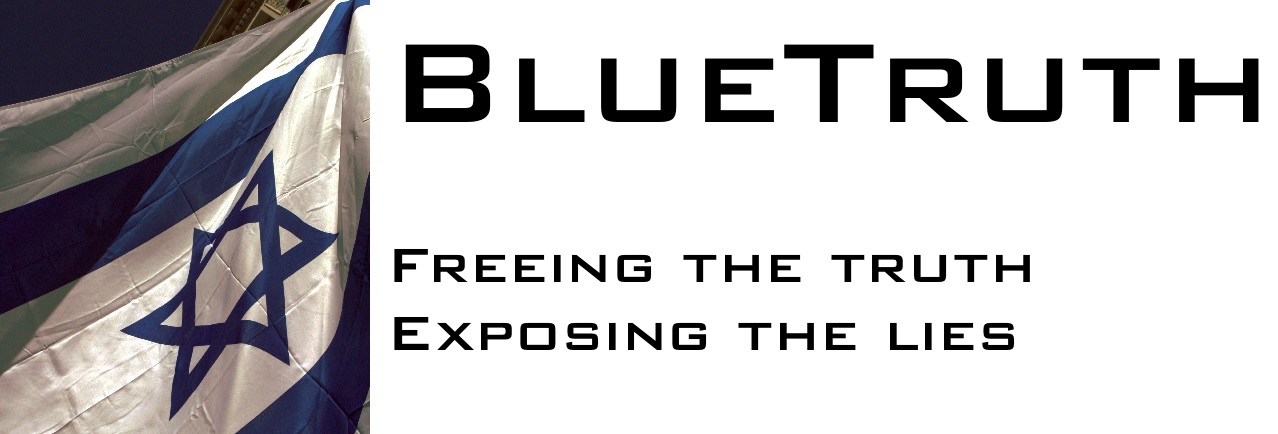The Dec. 20 issue of J. featured two views touching on the issues of free speech and civil discourse as it relates to conversations about Israel. Both are thoughtful, well written and make some valid points. And both, in their own ways, are wrong.
That’s a very presumptuous comment on campus issues from someone who is neither professor nor student. Yet the issues raised by Ryan Ariel Simon (“SFSU student’s call for civility starts with ‘I feel your pain’ ”) and professor Ari Y. Kelman (“Stifling voices hurts students, free exchange of ideas”) are those in which not only the Jewish community, but also the community at large, are stakeholders.
Hillel International, whose position on the limits of sponsored events was challenged by Kelman, is a Jewish community institution. San Francisco State, in the news yet again for hate speech directed at Israel, is a publicly funded institution subsidized by California taxpayers.
The issues at SFSU are clear. Mohammad G. Hammad, the president of the General Union of Palestine Students, crossed a line with his glorification of murder and his knife-wielding threats against Israeli soldiers — and those who support them. Simon suggests the core of this issue is a lack of empathy, a “refusal to recognize or understand the pain of the other.” He appropriately attempts to span that divide by acknowledging that some Jewish soldiers, during and after Israel’s War of Independence, did have some responsibility for Palestinian civilians taking flight.
Indeed — this has been well documented by historians such as Benny Morris and Israeli authors such as Ari Shavit, and has been a subject in Israeli political discourse for years. And the broad center — as well as all of the left — of American pro-Israel groups recognizes the Palestinians’ desire for a state of their own. Thus they support peace between Israel and a future state of the Palestinian people living side by side and with mutual recognition. They host talks by Morris and Shavit, and by others like them.
Yet the response from the “pro-Palestinian” side is a near-complete rejection of peace and a refusal to recognize Jewish history in the land of Israel, with the insistence that “from the river to the sea, Palestine must be free” — free of a Jewish state, that is. Hammad and the GUPS have a track record of extremist, demonizing speech, though brandishing a lethal weapon and threatening to use it to behead an Israeli is a new low, even for them.
Getting “pushed beyond our comfort zones” doesn’t mean having to accept graphic, specific threats from those who evince a desire to kill. Let’s be honest: If the type of bloodthirsty hate demonstrated by Hammad had been aimed at African Americans or LGBTQ individuals — or Muslims — the response by the SFSU administration would have been swift and strong.
Simon feels that outside pro-Israel groups should have taken their direction from the Jewish students before acting. Given the fact that SFSU is a public institution, its stakeholders include all of the people of California. Nor are Hammad’s rants protected by “academic freedom” — he’s not a faculty member, and his activism is not part of his coursework. Pro-Israel groups did not come onto campus uninvited, which would have escalated an already difficult situation. Nor did they try to press an agenda except for urging the administration to uphold exactly what Simon calls for: civility of debate.
Kelman, in his piece, states that those who support the decision by Hillel International not to allow Hillel groups to host anti-Zionist speakers are hypocritical if they also condemn the American Studies Association boycott. That’s comparing apples and oranges. Hillel is an organization with a mission that includes support of Israel as a Jewish and democratic state. It would be a violation of that mission, and a breach of trust with its funders, to host a speaker who opposes that.
The ASA, on the other hand, is an ostensibly scholarly organization with a mission to promote the study of American culture. As an organization of academics, it has taken a position against academic freedom in support of a narrow and biased political agenda unrelated to its mission. And it did so by using the only tactics by which the BDS movement can engineer a victory: stealth resolutions without advance notice, and stacked debates at which the opposing side is prevented from presenting its case. One can easily recognize ASA’s breach of the principles of academe while simultaneously supporting Hillel’s objectives.
There are always limits to speech that institutions will present. The NAACP is not going to host David Duke as a speaker, nor is the Democratic Party going to have Sarah Palin speak at its convention. Nor have we seen Muslim Student Associations host presentations by Zionists, although we have seen them forcibly shut down such presentations. The debate is not really about unlimited free speech — it’s simply about where we, within our community institutions, decide to set those limits.


